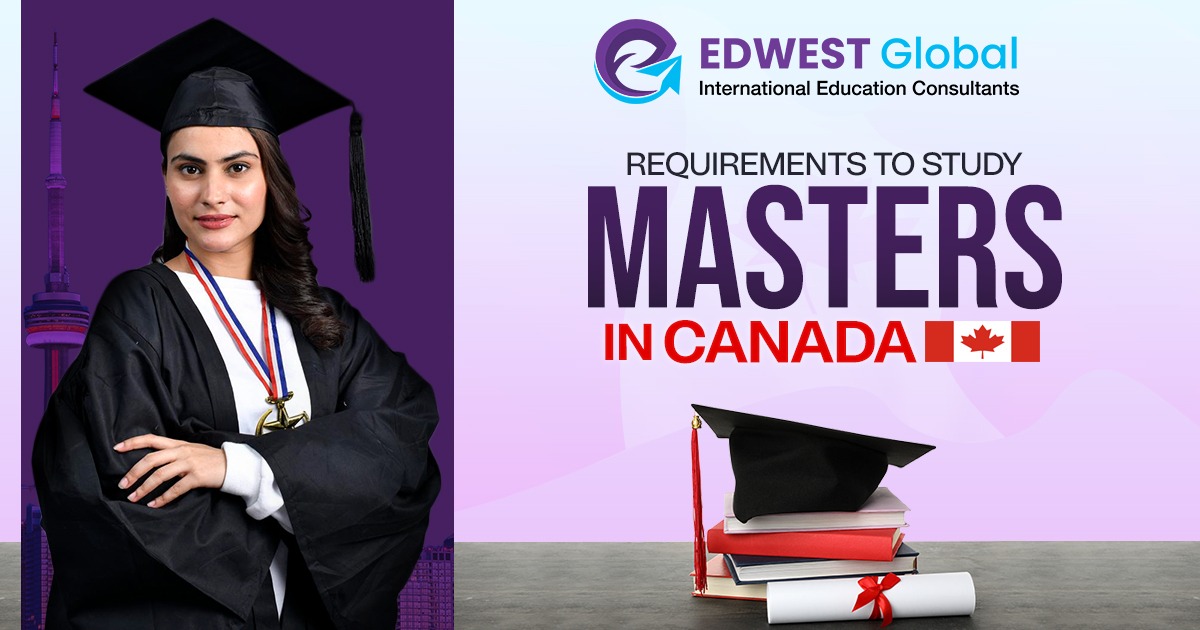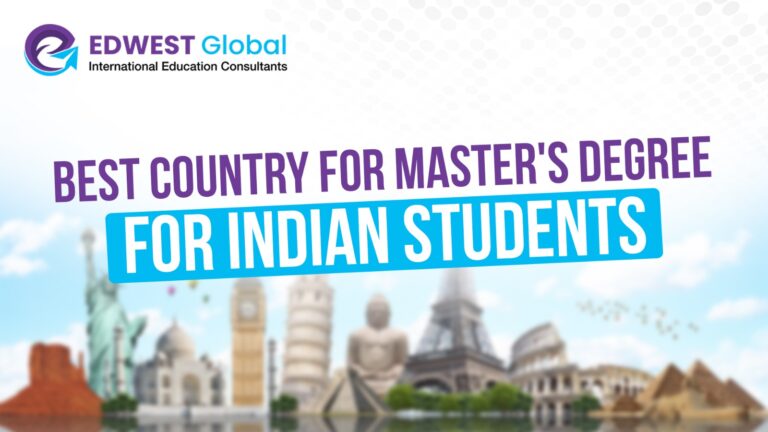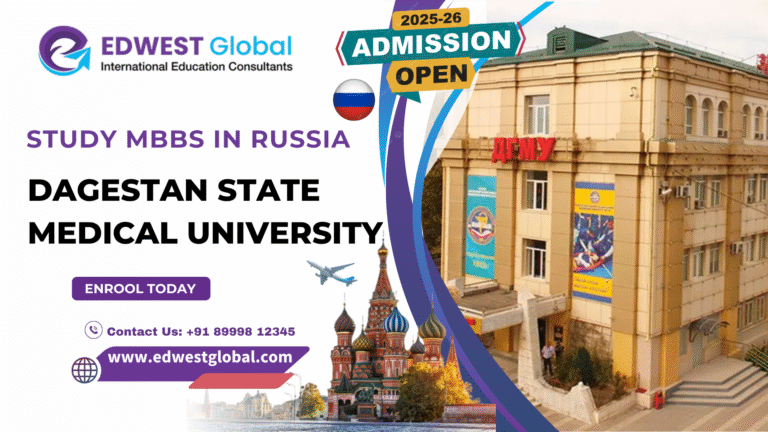Requirements to Study Masters in Canada: A Complete Guide for International Students
Are you planning to pursue your master’s degree abroad? Canada remains one of the top study destinations for international students due to its world-class education system, post-study work opportunities, and multicultural environment. If you’re considering studying in Canada, this guide will help you understand the key requirements to study Masters in Canada and how to start your journey the right way.
Why Choose Canada for Your Master’s Degree?
Canada is increasingly becoming the preferred choice for students worldwide. Here are a few compelling reasons why Indian students choose Masters in Canada:
- Top-Ranked Universities: Canadian institutions are globally recognized for academic excellence and research-driven programs.
- Post-Graduation Work Permit (PGWP): You can gain valuable Canadian work experience after graduation.
- Affordable Education: Compared to the UK and the US, studying in Canada is relatively more affordable with high returns.
- Cultural Diversity: Canada’s inclusive and multicultural society makes it easier for international students to adjust and thrive.
- Pathway to Permanent Residency: A Canadian degree and work experience can fast-track your permanent residency process.
What Are the Requirements to Study Masters in Canada?
Before applying, ensure you meet the following eligibility criteria for a Master’s in Canada:
1. Bachelor’s Degree
You must hold a relevant undergraduate degree from a recognized university, typically with a minimum GPA of 3.0 on a 4.0 scale.
2. Academic Transcripts
All transcripts must be official and translated into English or French (depending on the province).
3. Language Proficiency
You need to demonstrate English or French proficiency through tests like:
- IELTS: Minimum score of 6.5 overall (no band less than 6.0)
- TOEFL: Minimum score of 90 iBT
4. Statement of Purpose (SOP)
Your SOP should clearly explain your academic background, career goals, and reasons for choosing a specific course and university.
5. Letters of Recommendation (LORs)
Most universities require 2–3 LORs from academic or professional referees.
6. Resume/CV
Some programs require a detailed resume highlighting your academic qualifications, work experience, and relevant achievements.
7. Proof of Funds
You must show that you can finance your education and living expenses while in Canada. The minimum requirement is CAD 10,000 per year, in addition to tuition.
8. Study Permit/Visa
Once accepted, you must apply for a Canadian study permit. Depending on your nationality, you may also need an eTA or Temporary Resident Visa (TRV).
9. Health Insurance
Health insurance is mandatory. Some provinces offer government plans, while others require private insurance.
Cost of Studying Masters in Canada
Understanding the cost structure helps you plan your finances better:
Tuition Fees
- Domestic Students: CAD 10,000 to CAD 30,000 per year
- International Students: CAD 15,000 to CAD 50,000 per year
(Varies by program and university)
Living Expenses
Depending on the city, average living costs range from CAD 10,000 to CAD 15,000 annually.
Health Insurance
Costs range between CAD 600 to CAD 1,000 per year, depending on province and coverage type.
Other Costs
Books, supplies, technology, student union fees, and incidental charges may cost CAD 1,000–2,000 annually.
Scholarships and Financial Aid
Canada offers a wide range of scholarships for international students. Some popular options include:
- Vanier Canada Graduate Scholarships
- Ontario Graduate Scholarship (OGS)
- University-specific scholarships (check eligibility while applying)
How to Apply for Masters in Canada – 2025 Intake
Follow these steps for a smooth application process:
- Shortlist your universities and programs
- Prepare and upload all required documents (transcripts, SOP, IELTS score, LORs, etc.)
- Submit online application on the university portal
- Receive Letter of Acceptance
- Pay your tuition deposit to confirm your seat
- Apply for a Canadian Study Permit and Visa
- Arrange accommodation and health insurance
- Book your flight and prepare for your Canadian journey
Need help with your application? Contact Edwest Global – Your trusted study abroad consultants in India.
Frequently Asked Questions (FAQs)
Can I work while studying in Canada?
Yes. You can work up to 20 hours per week during academic sessions and full-time during breaks.
What is the minimum GPA required for a Master’s in Canada?
Generally, a GPA of 3.0 (65–70%) is considered competitive. Some top programs may require higher scores.
Is IELTS mandatory for all universities?
Most universities require IELTS, TOEFL, or equivalent. Some may waive it if you studied in an English-medium institution.
Can I apply for PR after completing my Master’s in Canada?
Yes, graduates can apply under programs like Canadian Experience Class (CEC) or Provincial Nominee Program (PNP).
How long does it take to complete a Master’s in Canada?
Most programs take 1–2 years depending on full-time or part-time mode.
Final Thoughts
Studying for a Master’s in Canada is a life-changing opportunity that combines academic excellence with global exposure. Whether you’re aiming to boost your career prospects or settle in Canada in the future, planning ahead and meeting the requirements to study Masters in Canada is essential. From choosing the right program to securing your visa, every step counts.
At Edwest Global, we help Indian and international students successfully apply to top Canadian universities. If you’re ready to apply for the 2025 intakes, reach out to us today!📞 Call or WhatsApp: +91 8999812345
🌐 Visit: www.edwestglobal.com
✉️ Email: info@edwestglobal.com







